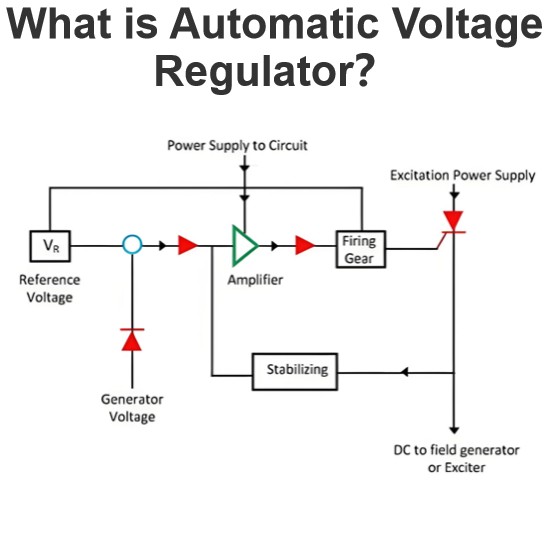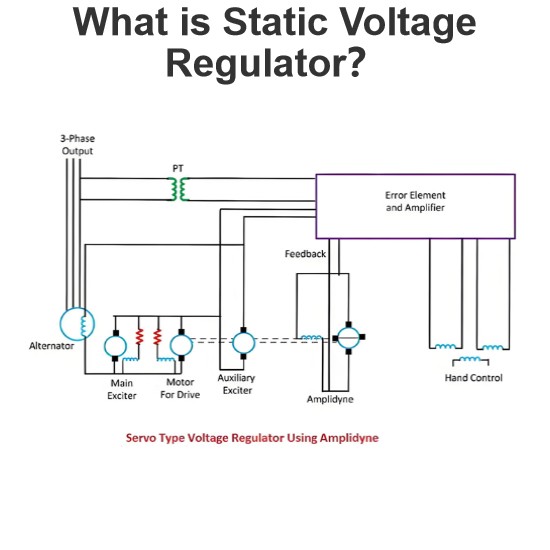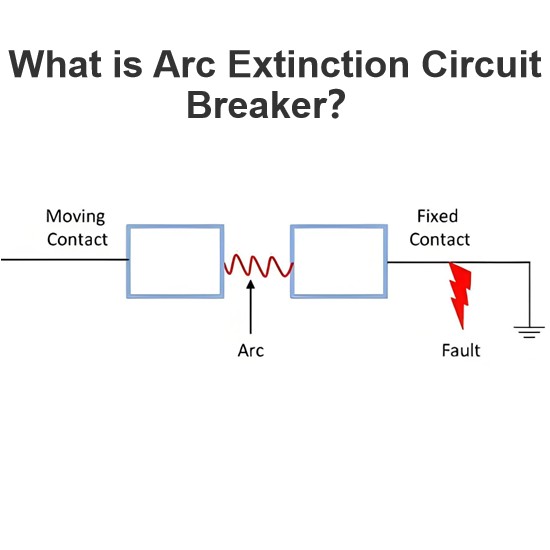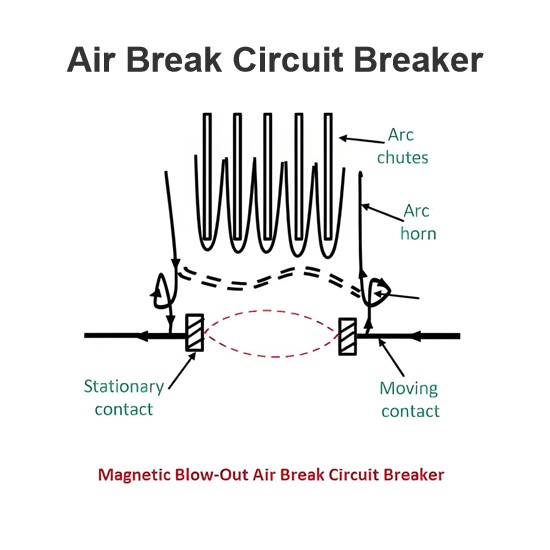What causes a diesel truck to lose power?
There are several reasons why a diesel generator (Diesel Generator) might experience excessive current (Excessive Current). Understanding these causes can help diagnose the problem and take appropriate corrective actions. Here are some common reasons that can lead to excessive current in a diesel generator:
1. Overloading
Exceeding Rated Power : Operating the generator beyond its rated power output can cause excessive current.
Check Load: Ensure that the sum of all loads connected to the generator does not exceed its maximum allowable output.
2. Short Circuit
Internal Short Circuit: An internal short circuit in the generator could occur due to damaged insulation or component failure.
External Short Circuit : A short circuit in the external circuit connected to the generator, such as in cables or equipment.
3. Three-Phase Imbalance
Uneven Load Distribution : For three-phase generators, uneven distribution of loads across phases can cause excessive current in one phase.
Adjust Load: Try to balance the loads evenly across all three phases.
4. Generator Fault
Excitation System Fault: A fault in the excitation system can lead to improper current control.
Winding Fault: Faults in the generator’s windings may also cause abnormal current levels.
5. Inverter or Controller Issues
Inverter Fault: If the generator is equipped with an inverter, an inverter fault could result in current control issues.
Improper Controller Settings: Incorrect settings on the controller could lead to improper current regulation.
6. Voltage Regulator Issues
Voltage Regulator Fault: A fault in the voltage regulator can cause improper current regulation.
Regulator Settings: Check if the regulator is set correctly.
7. Environmental Factors
High ambient temperatures can lead to inadequate cooling of the generator, resulting in excessive current.
Poor Ventilation: Poor ventilation can similarly affect the cooling efficiency of the generator.
8. Improper Maintenance
Insufficient Lubrication: Insufficient lubrication can lead to increased wear on generator components, affecting current control.
Regular Inspections: Regularly inspect the generator to ensure it is in good condition.
9. Electrical Wiring Issues
Incorrect Wiring: Incorrect or loose wiring can cause excessive current.
Inspect Wiring : Ensure all electrical connections are secure and correct.
10. Sudden Load Change
Starting Large Loads : Starting large load devices can create a sudden demand for current that exceeds the generator’s transient response capability.
Load Management : Schedule the startup of loads reasonably to avoid starting multiple large loads simultaneously.
Summary
The causes of excessive current in diesel generators can be multifaceted and include overloading, short circuits, three-phase imbalance, internal faults in the generator, issues with inverters or controllers, voltage regulator faults, environmental factors, improper maintenance, and electrical wiring problems. By carefully examining the generator and its associated equipment, the specific cause can be identified and appropriate measures taken to resolve the issue.
If you have any further questions or need more information, please let me know!
The Electricity Encyclopedia is dedicated to accelerating the dissemination and application of electricity knowledge and adding impetus to the development and innovation of the electricity industry.













